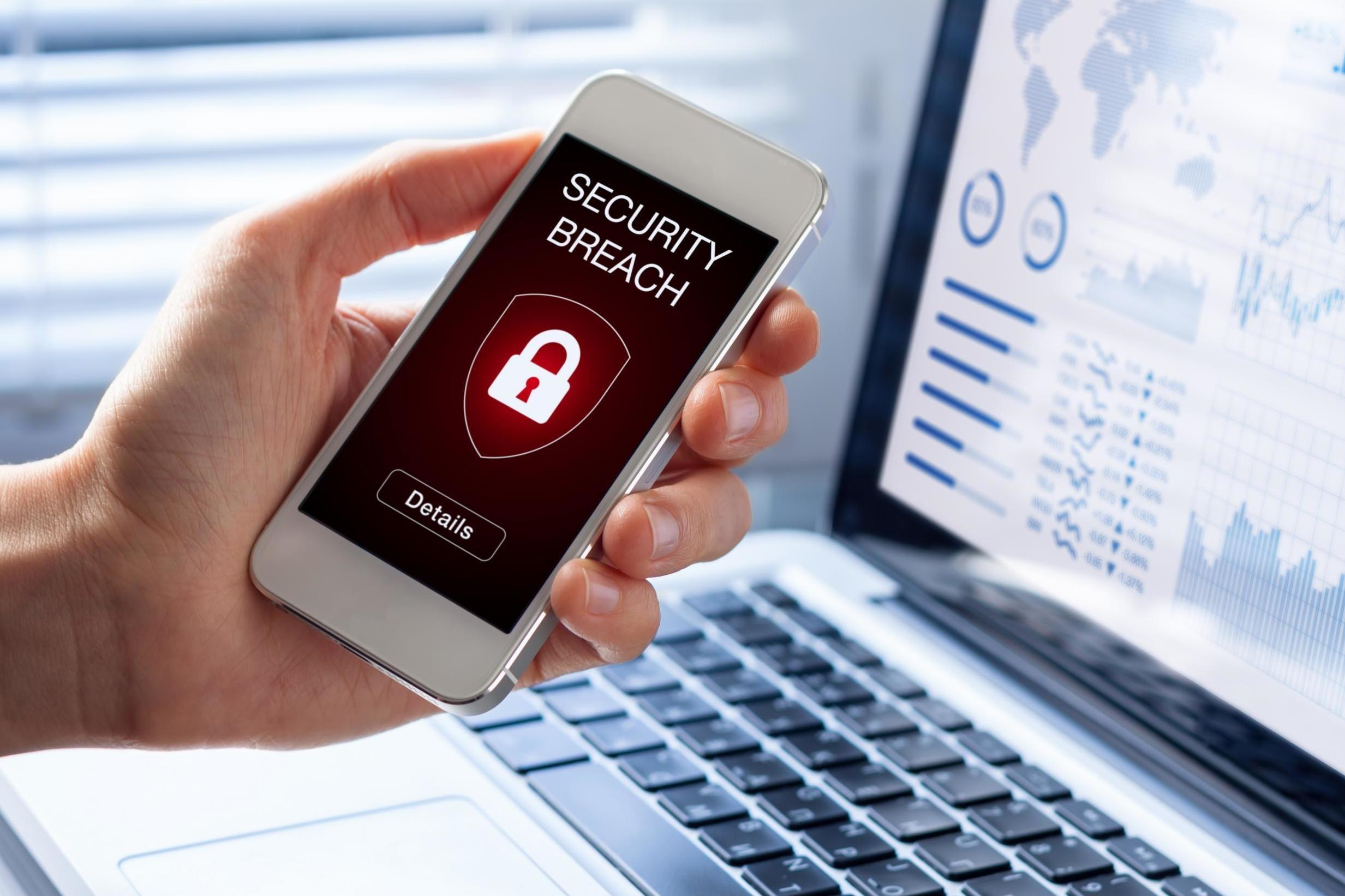The Independent's journalism is supported by our readers. When you purchase through links on our site, we may earn commission.
Travellers warned not to use public charging stations over 'juice jacking' scam
Scam can lock devices permanently or steal information

Travellers have been advised to avoid using public charging outlets for their electronics, as the ports may contain malware.
This month, the Los Angeles County District Attorney’s Office released a warning against USB power charging stations in airports, hotels and other public locations because of the risk associated.
According to the DA’s office, the scam, often referred to as “juice jacking,” sees “criminals load malware onto charging stations or cables they leave plugged in at the stations so that they may infect the phones and other electronic devices of unsuspecting users”.
“A free charge could end up draining your bank account,” deputy district attorney Luke Sisak explains in an accompanying video, before adding that juice jacking can be used to lock the device, or export data and passwords directly from the phone to the scammer.
To ensure travellers don’t fall victim to the scam, the DA’s office has shared some tips, including bringing your own charging cord and adapter base.
“Use an AC power outlet, not a USB charging station,” Sisak says, adding that people should also bring their own car chargers when they travel.
For emergency situations, the DA’s office recommends considering buying a portable charger, so you are not reliant on USB charging ports.
According to Liviu Arsene, a cyber security expert at BitDefender, people should also avoid using USB cables already plugged into charging stations or given away for free.
“You can easily brand these things so you can make it look like any other cable,” he told The New York Times. “When people see it, they don’t really think or expect it to be malicious in any way.”
Travellers can also invest in attachable protective devices for USB cables, known as “USB condoms,” according to Vyas Sekar, a professor at CyLab, a security and privacy research institute at Carnegie Mellon University, who explained that these gadgets “essentially disable the data pin on the USB charger,” meaning no information can be sent or received via the cable.
To protect yourself and your information when travelling, make sure you always fully charge your devices before venturing out - and bring your own chargers.
Join our commenting forum
Join thought-provoking conversations, follow other Independent readers and see their replies
Comments
Bookmark popover
Removed from bookmarks